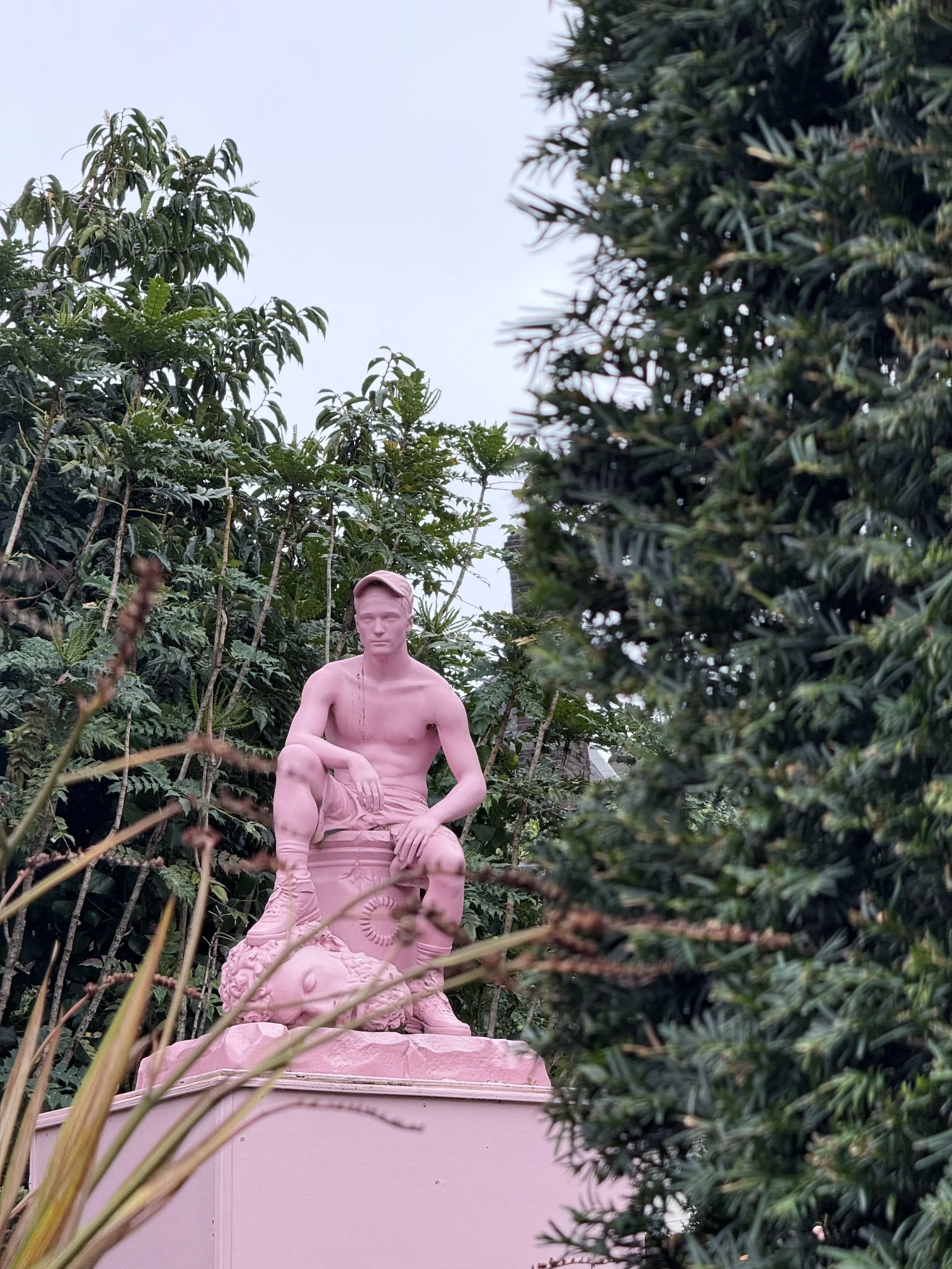
A reflection on what we deem valuable…
I pay for the budget version of Netflix. You know, the version where they basically reinvented old school cable. I normally tune out the ads, but one particularly sent me deep into the void of my thoughts. It dawned on me how strange the other half lives. I’m not talking about boarding-school-yacht rich, nor any levels of fuck you money. I’m talking about you and I, east’s other hemisphere. The ad? Organic mayo. An ad with detailed imagery of the egg and whatever else makes the magic of mayo. The highlight was organic and fresh ingredients: no GMOs, no pesticides, no processed add ons, no preservatives, no nothing.
What was strange to me was how we normalized paying more, even magnitudes more, to have less. I will pay you to give me less stuff in my food. Less labor, less effort in synthesizing chemicals, less time to eat my food before it rots. I will pay you more to just give me the food as is. Exactly as any regular farmer would have derived it without any specialized machines or tools.
Deep in the rabbit hole, I realized there are lots of things in life where this applies. Golf, a popular western sport, is one of the few sports I can think of where to be successful at it, you try to play less golf. Ideally the less amount of swings, the greater you are, while paying exactly the same per hour as the sucker next to you who’s far past par. Maybe if we studied how society manages its resources, could we explain this?
We now live in a society that can endorse and sustain mass production; following the Industrial Revolution, companies can afford to price things purely off demand and availability. My $7 Netflix subscription would cost less than a dollar to a family in Africa, whereas my $2 bread loaf would cost an arm and a leg. My friend, who had studied economics his whole life, summed this up pretty nicely: our definition of scarcity has shifted over time from necessity, and abundance has ultimately expanded the horizons for value allocation. Of course, the question we all should ask is: does this ethically make sense? Well, the jury is still out on that one.